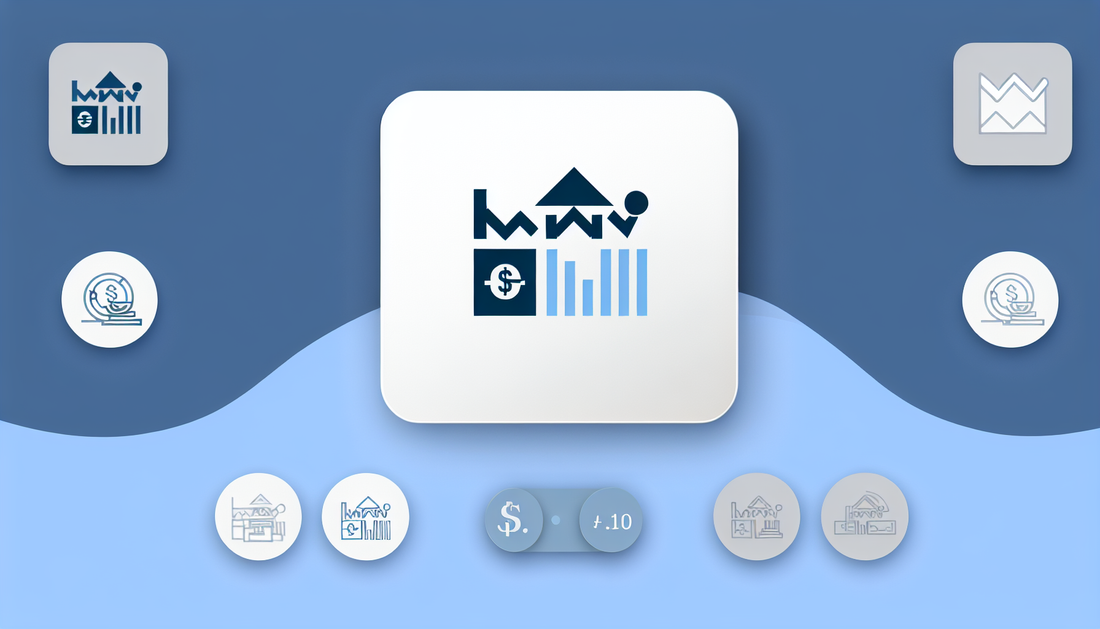
Lido Finance vs Rivals: Who Reigns Supreme?
Share
Lido Finance (LDO) vs Rivals: A Competitive Comparison
Lido Finance (LDO) has emerged as a major player in the liquid staking industry. By simplifying the staking process for Ethereum and other proof-of-stake (PoS) assets, Lido offers a user-friendly alternative for earning staking rewards without needing to maintain validator infrastructure. However, the platform isn't without competition. In this article, we’ll compare Lido Finance to key rivals like Rocket Pool, Coinbase's staking service, and StakeWise, offering insights into their strengths and weaknesses.
1. Accessibility and User Experience
Lido Finance stands out for its seamless accessibility and straightforward user interface. Users stake directly through the platform and receive staked Ethereum (stETH) tokens, which can be used in decentralized finance (DeFi) applications. By comparison, Rocket Pool caters to a more decentralized ethos by enabling anyone to become a node operator, but this added flexibility comes at the expense of a steeper learning curve. Meanwhile, Coinbase's staking service, as a custodial solution, minimizes barriers to entry but sacrifices decentralization, making it less appealing to crypto purists.
2. Decentralization and Governance
A core criticism of Lido Finance is its degree of centralization. It leverages a relatively small pool of validators, which has drawn concerns about its impact on Ethereum network decentralization. On the other hand, Rocket Pool promotes decentralization by empowering individual stakers and node operators through its decentralized network. StakeWise takes a hybrid approach, offering a balance between decentralization and usability but hasn’t scaled as significantly as Lido.
3. Tokenomics Comparison
LDO, the native token of Lido Finance, plays a significant role in governance. Token holders can vote on proposals that influence the platform's direction, though critics argue that the concentration of voting power can lead to centralization concerns. Rocket Pool uses its native token, RPL, to incentivize node operators and ensure reliability. StakeWise employs a dual-token system (sETH2 and rETH2), which adds complexity but provides flexibility for advanced users. For a deeper dive into tokenomics frameworks, check out Decoding Solana's Tokenomics A Comprehensive Guide.
4. Fee Structures
Fee structures vary widely between platforms. Lido charges a 10% fee on staking rewards, a competitive rate given its ease of use. Rocket Pool also implements a fee but offers node operators the freedom to adjust their commission rates, a feature that boosts sustainability for operators. Additionally, Coinbase charges one of the highest fees in the industry but justifies this by offering top-tier custodial support for users seeking simplicity over cost efficiency.
5. Integration with DeFi
Perhaps Lido Finance’s standout feature is its extensive integration with DeFi protocols. stETH is widely accepted in platforms like Aave, MakerDAO, and Curve Finance, allowing users to maximize their yield. While Rocket Pool and StakeWise have integrations, they lag in terms of scale and ecosystem support. This gives Lido a clear advantage for those looking to compound their staking rewards across the wider DeFi landscape.
